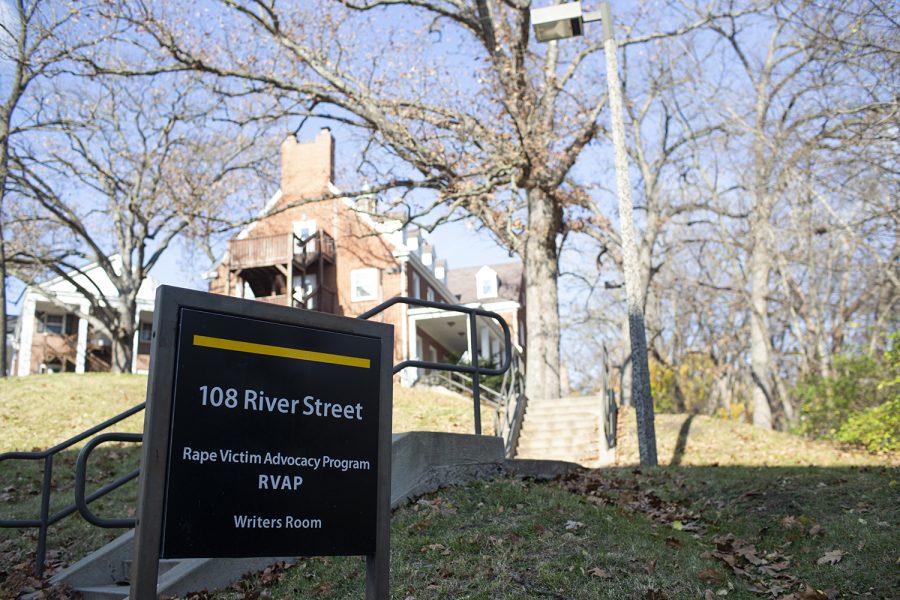Living with cancer and continuing to smoke can have serious repercussions — and a new UI program aims to help patients quit once and for all.
Tobacco use can aggravate pre-existing conditions, notably in patients diagnosed with cancer. Researchers in the University of Iowa Holden Cancer Center have received a grant from the National Cancer Institute to focus on improving tobacco cessation in cancer patients. The grant seeks to develop strategies to decrease the use of tobacco after a cancer diagnosis.
“This project is part of a national initiative to identify effective strategies for improving tobacco treatment in comprehensive cancer centers,” UI Associate Professor David Katz said in an email to The Daily Iowan. “The overall prevalence of tobacco use in cancer patients at the Holden Comprehensive Cancer Center was 19 percent in 2016, which is similar to the national prevalence in cancer patients after receiving a cancer diagnosis.”
The $500,000, given to Katz and UI Associate Professor Mark Vander Weg will be used to work with nursing staff in order to provide cessation counseling tailored to the patient’s readiness to quit tobacco. The team will also work to create a patient registry in the health-care information system to facilitate treatment.
“The treatments associated with the greatest success are those that combine behavioral counseling with medication,” Vander Weg said. “Unfortunately, the vast majority of smokers who do make a quit attempt do so without assistance and without using any of the medications that are available.”
Katz said the goals for the grant are to integrate tobacco treatment without increasing the burden on clinical staff, to provide intensive and personalized care to achieve efficiency, and to arrange for long-term treatment that reduces the risk of relapse between visits.
“Tobacco use by cancer patients is associated with several adverse outcomes, including increased overall (and cancer-specific) mortality, diminished effectiveness of cancer treatments, and increased risk of second primary cancers,” Katz said. “Cigarette smoke and its constituents have been shown to increase cancer cell proliferation, migration, and invasion.”
The grant comes from the NCI’s Cancer Center Cessation Initiative, part of the Cancer Moonshot Program.
The initiative, started in 2017, covers almost 25 centers throughout the nation. The Coordinating Center, located at the University of Wisconsin Carbone Cancer Center, will ensure that all of the funded centers maintain the same level of organization and specialized care.
According to the website, the Cancer Moonshot Program “aims to make more therapies available to more patients, while also improving our ability to prevent cancer and detect it at an early stage.”
The program was established as a collaboration between the Cancer Moonshot Task Force and external experts, including the National Cancer Advisory Board.
In December 2016, Congress passed the 21st Century Cures Act, giving $1.8 billion in funding to the Cancer Moonshot program over seven years. An initial $300 million was allocated for fiscal 2017.
“People who are diagnosed with a smoking-related illness such as cancer often feel as though there is no point in quitting, or that ‘the damage is already done,’ ” Vander Weg said. “However, it is never too late to quit smoking. Stopping smoking is associated with numerous benefits for those with cancer.”
Researchers hope the grant will affect patients positively, improving their treatment and quality of life.
“I believe that a program to help cancer patients stop smoking would be extremely beneficial to the University of Iowa,” freshman Rowan Bergen said. “I had two grandparents who passed away due to lung cancer, and they smoked even after they were diagnosed and were told by their doctors to quit. Any help that patients can receive would be life-saving and would increase their life expectancy greatly.”










